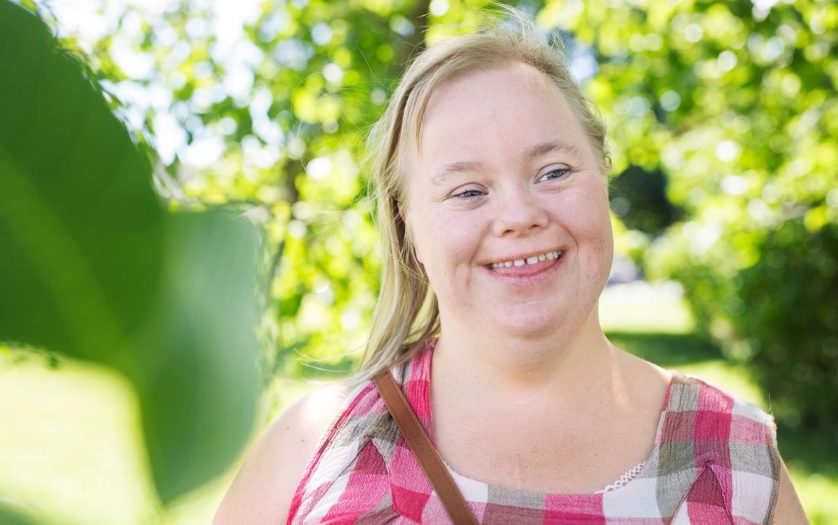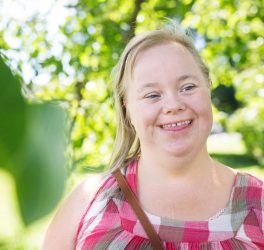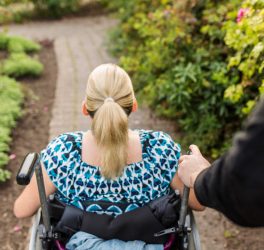
UNSW’s Professor Iva Strnadová is working to improve the lives of people living with intellectual disabilities and ensure they have a greater say in policies and programs that affect them.
“Historically, people with intellectual disabilities have often been a passive object of research,” Prof. Strnadová says. “There has been a huge shift over the last two decades for people with intellectual disabilities not only to have a voice in research, but also to be involved in research as co-researchers.”
In Australia, it is estimated that about 7.7 per cent of children aged up to 14 years have some form of disability, and 4.5 per cent with a severe disability, according to data from the 2018 Survey of Disability, Ageing and Carers.
In her capacity of Academic Lead Research at the Disability Innovation Institute at the UNSW Sydney (DIIU), Prof. Strnadová is leading the development of the Guidelines for Co-producing Research with People with Disability.
She also recently received a $225,000 grant from the NSW Department of Education to develop and implement accessible methods so that students with high support needs could have a greater say in the trajectory of their education.
The funding will enable Prof. Strnadová and her colleagues Dr Joanne Danker, Adjunct Lecturer Julie Loblinzk (pictured) and Professor Leanne Dowse to work closely with 22 schools for special purposes [special schools] and two mainstream schools with support units from metropolitan, regional, rural and remote areas across NSW.
Prof. Strnadová says they will be using accessible methods, such as Photovoice and body mapping, “to gain the students’ perspective about what they like and don’t like about their school experience”.
Photovoice uses photo images to capture aspects of the students’ environment, relationships and experiences, so these can be shared with others. Body mapping, an arts-based research tool, focuses on embodied experience. It involves tracing around a person’s body to create a life-sized outline, that can be filled in during a reflective process to produce an image representing multiple aspects of their embodied experience.
Prof. Strnadová says the team will work predominantly with students “who have a very severe disability and limited verbal communication abilities”.
“People with intellectual disabilities and autism often need more time and environments to practice the different skills and knowledge they acquire.”
Just one example would be teaching them how to take public transport independently – a necessary skill for attaining future employment, Prof. Strnadová says.
Additionally the transition from primary to high school is a challenge for most students with autism who like routine and consistency and can often have quite severe sensory sensitivities, she says.
Prof. Strnadová says her current and future research also looks at ways to improve sexuality education for students with intellectual disabilities and autism.
Children being removed from their parents’ care, due to ill-conceived perceptions about people with intellectual disabilities somehow harming their offspring, is another issue Prof. Strnadová hopes to change.
Once it has been brought to the attention of a social worker that a person with intellectual disabilities is about to give birth, they often try to remove the child rather than provide support for the parents, she says.








